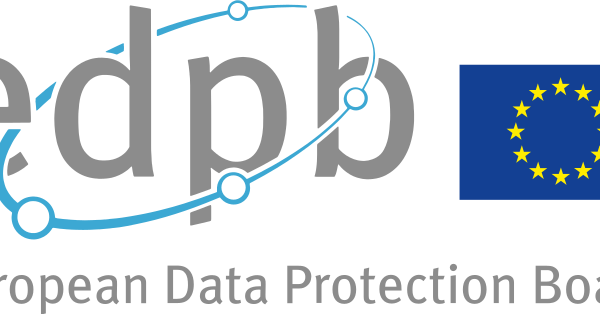The DPOInsider covers the latest news and developments in data compliance and privacy. The DPO's favourite weekly read ☕️
TikTok - is time running out?
The hit social media platform has long been in the crosshairs of American lawmakers. But this feeling is now spreading across Europe.
French President Emmanuel Macron has called TikTok "the most disruptive" social media outlet for young people, warning of its addictive nature. Meanwhile, German MEP Moritz Körner has been pushing EU regulators to get tough on the Chinese-owned app for years, saying that "the data dragon TikTok must be placed under the surveillance of the European authorities."
With Europe's regulators having more legal weapons at their disposal than their American counterparts, there is a growing sense of urgency among data protection professionals to stay vigilant in protecting citizens' data from potential compromises.
The EU's inactivity towards TikTok has been called "naïve" by German Member of the European Parliament Moritz Körner. He believes that the data dragon TikTok "poses several unacceptable risks" for users, including "data access by Chinese authorities, censorship, and the tracking of journalists."
Maximilian Funke-Kaiser, a spokesman for Germany's liberal FDP party, echoed this sentiment and stated that TikTok has been guilty of "systematic data misuse" and that security concerns about the app are "justified."
The U.S. government's ban on TikTok for employee use is seen as an appropriate measure to mitigate data protection and security risks, and officials believe it should be replicated in Germany. TikTok, on the other hand, has put together "a comprehensive package of measures with layers of government and independent oversight" to ensure that there are no backdoors into the platform that could be used to manipulate it
TikTok's relationship with the Chinese government has raised concerns about data privacy among European regulators. While TikTok's parent company ByteDance has denied sharing user data with Chinese authorities, a policy update revealed that Chinese employees could be granted "remote access" to European user data.
This admission has sparked fears that the Chinese government could legally force ByteDance to hand over any user data to which the company has access. As TikTok continues to grow rapidly, with over 227.81 million users in Europe as of June 2022, German Member of the European Parliament Moritz Körner is pushing for European lawmakers to enforce existing laws to reign in the platform's data practices:
"TikTok's success is the result of a European policy failure, Europe must finally wake up… If TikTok refuses to abide by EU laws, it should be banned."
This is part of a more general trend in the West, as it has broadly began to turn against the app.
This long read is a nice overview of the developments so far in this space, and is definitely worth a read for any data aprovcy professional:
The FBI has called it a national security threat. The US government has passed a law forcing officials to delete it from their phones. Texas senator Ted Cruz has denounced it as “a Trojan horse the Chinese Communist party can use to influence what Americans see, hear, and ultimately think”. And in March its CEO will defend its existence before the US Congress. For those unaware of the debate broiling on the other side of the Atlantic, the target of this strong rhetoric might prove surprising: an app best known for viral dances, launching generation Z media stars, and sucking teens down an hours-long content abyss.
It seems that TikTok is becoming a catalysis for increased demand for privacy protection in both Europe and in the US. How will policymakers respond? Let’s wait and see.
Other data privacy news
Hackers steal Activision games and employee data
On Monday, games blog Insider Gaming said it confirmed a data breach after obtaining “the entirety” of the stolen data, which was not published by vx-underground.
According to the site, hackers stole employee information such as “full names, emails, phone numbers, salaries, places of work, addresses, and more.”
GoDaddy just realised it had a three-year security breach
Domain registrar and web-hosting firm GoDaddy has disclosed a multi-year security breach that enabled cybercriminals to access the company's systems, install malware and steal source code.
Three data privacy myths every business leader should challenge
Here are three myths about data privacy, and how we can combat them to move towards a better, privacy-first future for brands and consumers alike.
Posts of the week






